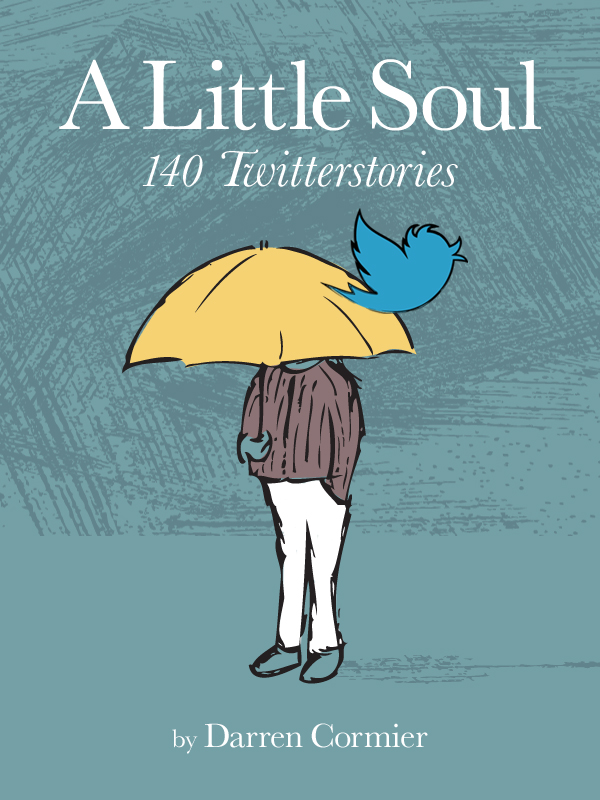
I have been reading Georges Perec's W, or The Memory of Childhood. I'm almost finished. The book alternates between Perec trying to recall his childhood, and the description of a mythical island off Tierra del Fuego called W, where the pursuit of the Olympic ideal is the sole purpose of existence, athletic competition the only occupation, where victory is praised and feted but fleeting, and those who did not prevail are mocked and punished, even if they are previous victors. (Perec's childhood was during the Nazi invasion and occupation of France; the story of the island of W is an allegory of those atrocities.) Perec's father passed away when he was very young--and, a few years after, his mother put him on a train in order to save him from capture. He later discovered that his mother died on a train en rote to Auschwitz shortly thereafter. He was raised by his father's sister and her husband.
At one point he addresses his personal need to write in relation to the events of his childhood, his lack of memories of his parents, and how his writing life might be intertwined with his own search for emotions about his parents:
"I do not know whether I have anything to say, I know that I am saying nothing; I do not know if what I might have to say is unsaid because it is unsayable (the unsayable is not buried inside writing, it is what prompted it in the first place); I know that what I say is blank, is neutral, is a sign, once and for all, of a once-and-for-all annihilation.
That is what I am saying, that is what I am writing, and that's all there is in the words I trace and in the lines the words make and in the blanks that the gaps between the lines create: it would be quite pointless to hunt down my slips (for instance, I wrote "I committed" instead of "I made", a propos of my mistakes in copying down my mother's name), or to muse for hours on the length of my father's capote... for all I shall ever find in my very reiteration is the final refraction of a voice that is absent from writing, the scandal of their silence and of mine. I am not writing in order to say that I shall say nothing, I am not writing to say that I have nothing to say. I write: I write because we lived together, because I was one amongst them, a shadow amongst their shadows, a body close to their bodies. I write because they left in me their indelible mark, whose trace is writing. Their memory is dead in writing; writing is the memory of their death and the assertion of my life."
I read that section and I think of myself, and I think of all my writer friends and all my writer non-friends (writers I don't know personally). Not because we share the same background or childhood as Perec--we don't, even those who lost their parents at a young age don't share his background--but because that is why we write: to express our emotions, or to be able to express our lack of emotions, to be able to understand our own convoluted and self-absorbed search for ourselves, for our emotional connection to the world. We write to keep alive that part of us we don't show others, that part of us we wish to keep alive that isn't anymore, to keep alive other people.
I write to keep alive the memory of my grandfather, the memories that others have of him, of him slipping quarters into my brother's jacket as they walked down the beach, my brother, upon finding them, believing he had a magical jacket. I write to keep alive my own memories of my grandfather's and our many, multi-layered handshakes: the lumberjack, milking the cow, rowing the boat, and the customary, American handshake, among others; I write to keep alive the memory of my grandmother washing dishes in pearls and a dress, of eating an entire 2 pound box of Froot Loops in one sitting as a snack (she and I did this); and, lastly, I now write as a means to keep alive the memory of my own father, of Bowling for People, which consisted of rolling rubber balls at a ten-pin set up of Weebles (they wobble but they don't fall down), of cursing at hockey referees, of installing sliding windows until nine o'clock on a hot, summer night, of midnight bowls of cereal watching MST3K.
Steve Almond wrote that we write "to arouse the anguish hidden inside us, the bad news of our hearts." I would also say we do it to keep alive the memories of those who have formed us, for, unwittingly or not, they helped create this compulsion to share those parts of us we ourselves don't understand; they helped to form this compulsion to write.
 RSS Feed
RSS Feed

